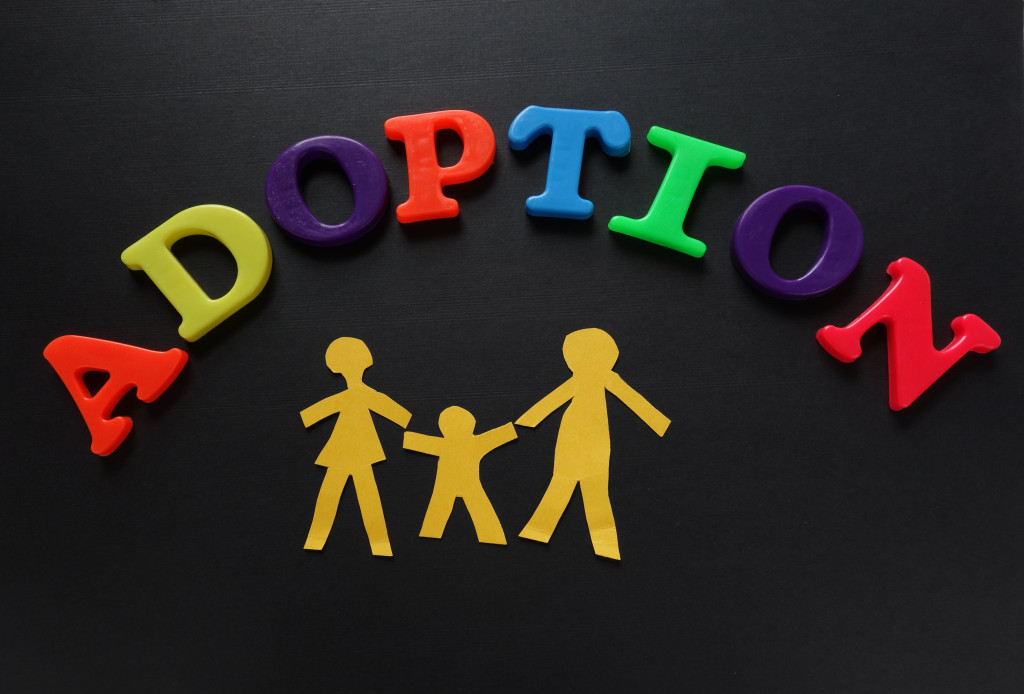- Adopting a child is a significant decision and requires thorough research into the regulations and laws in one’s area.
- Adoptive parents must also consider potential financial costs, age differences, location, and whether they prefer an open or closed adoption.
- It’s essential to understand one’s feelings to consider these factors and determine what type of adoption best suits the family.
- Researching applicable regulations, laws, costs, and expectations will ultimately result in a successful and satisfactory outcome.
Adopting a child is an enriching experience and can bring joy to the adoptive parents and the adopted child. However, adoption is not something that should be taken lightly; there are many important factors to consider before making this major decision.
By taking these things into account before beginning your journey towards adopting a child, you can ensure that everyone involved has a positive experience throughout this life-changing event.
Regulations and laws related to adoption in your area

Considering the regulations and laws related to adoption in your area is paramount when deciding to adopt a child; ignorance of these rules can have financially and emotionally disastrous results.
A reputable family law attorney can advise you on the complexities of the adoption process in clear, concise language that’s easy to understand. It is essential to remain apprised of any legislation changes or updates as these may impact your journey.
Understanding what is required to complete the adoption process will allow prospective adoptive parents to plan accordingly, ensuring they meet all necessary criteria easily.
Adoption specifics
Here are some adoption specifics you need to consider:
Finances

Adopting a child can be an exciting and rewarding experience, but it also comes with many financial responsibilities. It is essential to take the time to understand potential future costs and properly consider finances before deciding to adopt.
Considering expenses such as application fees, legal fees, travel costs, evaluation and home study expenses, counseling fees, and post-placement follow-ups can help ensure that families are prepared for any additional costs related to the adoption process. Understanding these financial considerations before committing can help relieve some of the stress associated with taking on a new dependent in the family.
Age differences between parents and child
When adopting a child, it’s essential to carefully consider the age difference between the parents and the child. Age differences between adoptive parents and children can shape many aspects of their relationship and considerably impact both parties.
If a parent is significantly older or younger than the adopted child, they may not be able to meet their needs or relate as easily to them as someone closer in age might. It’s also essential to understand how certain cultural norms associated with different stages of life may affect the dynamic. For example, an older parent may find it more challenging to engage in active play or participate in activities suitable for younger children.
Location
Considering the location is an essential factor when adopting a child. Depending on the country of origin, laws or regulations must be followed to ensure a smooth transition from the jurisdiction of their birth country to their home. There could be residency, citizenship requirements, or travel obligations for the child that you, as the adoptive parent, must investigate beforehand.
Additionally, keeping in touch with family in the child’s homeland can create a sense of continuity, increase cross-cultural understanding, and strengthen social bonds that may otherwise not exist across borders.
Deciding on an open or closed adoption
Deciding between an open or closed adoption is an integral part of the adoption decision-making process. It can help ensure that both the child and the adoptive parents have needs met effectively, and both parties need to consider their emotional preparedness for either of these scenarios.
Open adoptions can facilitate building a trusting relationship between the biological parent, adoptee, and adoptive parents which could be especially beneficial for young children or those with medical needs. Closed adoptions, on the other hand, can provide added privacy and reduced stress that can help some parents better adjust to life as a family.
Choosing the right type of adoption for you
When deciding to adopt a child, it is essential to consider the different types of adoption available to you and which option would be the best fit. Private domestic adoption allows couples or single parents to adopt in their own country and can often provide access to birth family contact or medical history. On the other hand, international adoption involves a foreign-born child with no biological connection and is typically more expensive.
Furthermore, foster care offers temporary or permanent guardianship of a pre-existing family relationship while providing an avenue for siblings of the same family to remain together. Whatever type you decide upon, addressing your feelings beforehand and researching all possible options available can give you the insight needed before making your final decision.
These are just some of the factors that need to be considered when considering adopting a child. Thoughtful and informed decision-making is essential to ensuring that all parties involved, adoptive parents and children, have an enjoyable experience throughout this life-altering event.
